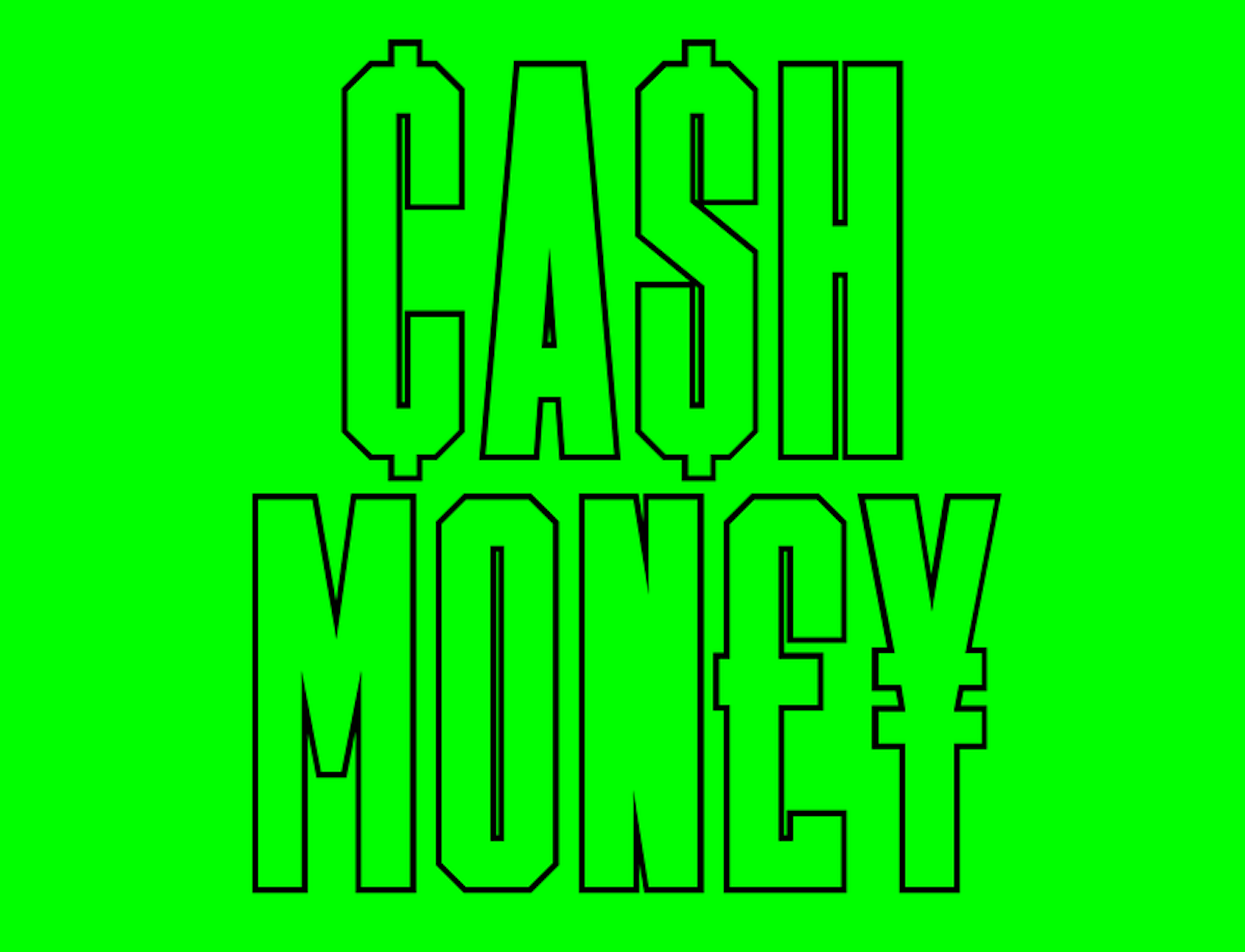Six steps to becoming your own boss: financial tips for freelancers
So, you’ve made the decision to go freelance, and there’s a lot to think about. Self-promotion, client relationships, networking, rates... But what about the finer details of your finances? We asked Alistair Bambridge – founder of Bambridge Accountants and a specialist in creative-industry tax and financing – to run us through the simple ways you can prepare for things that are often overlooked.
There are many reasons why people go freelance, but detaching yourself from the commitment to an employer can be summarised as a personal transition from obedience and restrictions, to independence, flexibility and freedom. Estimations from the Professional Contractors Group suggest that the freelance industry in the UK has expanded by 14% in the past decade alone, making it increasingly important that the comfortability of the process is maximised for those involved.
While going freelance can be a tremendously exciting step in an individual’s career, there are some financial aspects of becoming self-employed that can initially be overwhelming, stressful and difficult. Here are my six steps for anyone newly freelance who might be struggling to set themselves up financially.
Know your tax deductions
HMRC allows tax deductions and reliefs for freelancers to reduce their tax bills. Deductions you can claim as a freelancer include: office space (whether you own or rent), hardware and software (for example, if you use your laptop or phone for work), and travel (including vehicle insurance, fuel and breakdown cover).
These are all expenses that are necessary for your business. Just as they would be dealt with by an employer, these costs can all be claimed on your tax return – saving you as much money as possible. This means you can stop paying for those pens, train tickets and that faulty desk drawer with your own money – claim it on your tax deductions and save it for something else.
Think ahead
Planning, planning, planning! Freelancing is synonymous with unsteady money flow and – as you never know what could be around the corner – it is imperative that you’ve budgeted for future expenses, and still have money saved in case of emergencies.
While the numbers for those planning for the future in Britain are generally increasing, a survey by the Money Advice Service showed that four out of every ten adults in the UK do not have £500 or more saved. Don’t be part of that vulnerable 40% – prepare for unseen costs and plan ahead!
Don’t be afraid of help
One of the first things you should consider as a new freelance is hiring an accountant. They can handle the complicated stuff that you aren’t trained to do. Hiring an accountant may seem like an extra expense that’s hard to justify, but getting someone who knows what they’re doing on your side is a great way to save time, stress and money in the longterm.
If you have just gone freelance then the chances are you already have an expanding list of tasks to address, so don’t spend your valuable hours counting figures and worrying about missing something. Let an accountant think about the numbers and paperwork. They can input your invoices, calculate expenses and upload your tax forms.
“Four out of every ten adults in the UK do not have £500 or more saved. Don’t be part of that vulnerable 40%.”
Nail your taxes
Being self-employed means you are now ultimately responsible for the taxes you owe. Freelancing should not affect your tax code, as any profits you make are still subject to income tax. This rate will be dependent on your earnings in total: 20% on all earning that exceed the personal allowance, but below the upper limit of the basic rate; and 40% on all earning above the lower limit of the higher rate.
Additionally, you may want to pin important dates into your diary to ensure you hit tax return deadlines, which stand at October 31 when submitted in paper form, and the December 30 if you are filing your tax return online. Both of these dates come after the end of the relevant tax year.
Keep paperwork
You may already be a dedicated hoarder, or maybe you’re more of a minimalist, but regardless, it is crucial that you keep on top of that mountain of paperwork. It can seem impossible to navigate, but when you take the time to keep it condensed and organised, it can save you a lot of stress.
Retirement
It may seem far away (and it probably is!) but as a freelancer, thinking about retirement is very useful, considering you are not covered by employer-sponsored retirement plans. Even when your business starts generating more money, if saving for retirement isn’t made a priority at the start, then that surplus money is likely to go on anything but future security.
To help you save and account for how much it will cost, it’s a good idea to think about how you imagine your life in those retirement years. Whether you plan on buying a flash car, or envisage yourself on a Mediterranean cruise, knowing what you want from retirement makes it easier to plan for, and improves the experience you will have when it finally comes around.
Alistair is the founder of Bambridge Accountants, an accountancy company specialising in creative industry tax and finances.
Written by Alistair Bambridge





